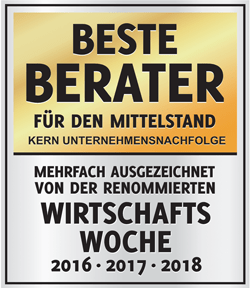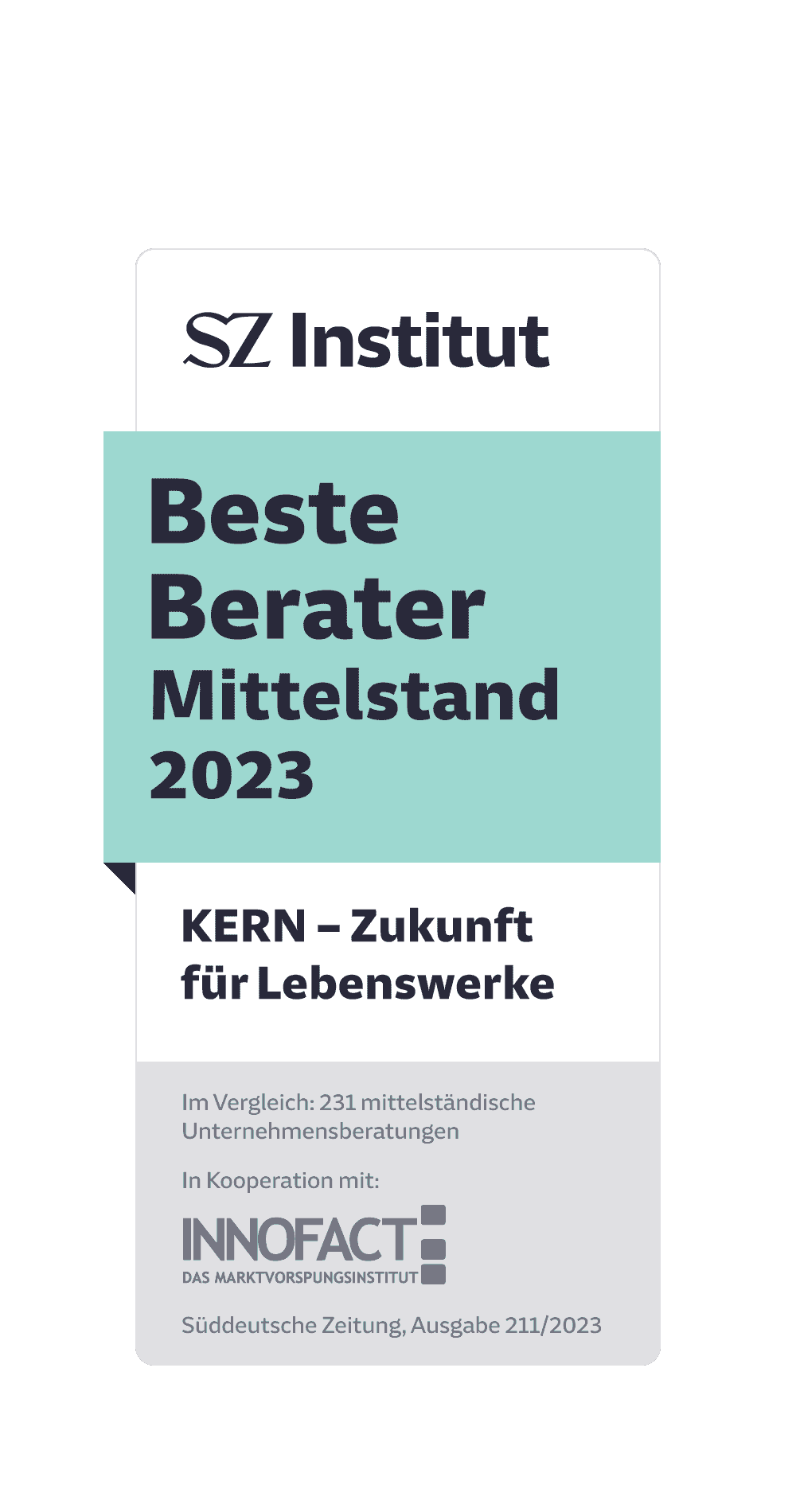Your personal roadmap for business mediation
-

You may be exploring the possibility and opportunity of a facilitated mediation process for the first time in your life.
And first of all, we would like to sincerely congratulate you on this courage!
Because something NEW does not automatically have to be appealing and attractive. It can also be unsettling and associated with projections that raise question marks rather than openness to a new path.
Just have a look at the following short film in which we explain the essence of mediation using a simple example:
Background knowledge -
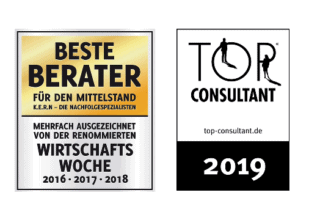
(Business) mediation requires the highest level of professionalism and discretion at the same time. Trust the Statements from our customers or have a look at one of our National cooperation an. Upon request, we will be happy to name specific contact persons who can give you a personal statement on our performance. Check our values for cooperation.
References for your safety -
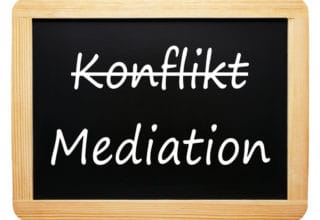
Conflicts are the expression of unfulfilled needs.
- Behind every conflict are needs that are legitimate and important for the respective person because they serve the life and growth of every human being.
- Conflicts arise where people are restricted in their needs.
- Mediation is NOT about finding out who is RIGHT ? nor is it about finding a supposed objective truth.
- Basic assumption: the conflict parties carry the solution within themselves because they themselves are experts on their conflict.
- There is only ONE truly viable solution to a conflict: namely, the one that the parties to the conflict develop.
- The mediator is responsible for ensuring that the parties to the conflict share and listen to each other in a constructive way and that the main points of the conflict are identified.
- The conflict parties are ACTIVELY involved in the clarification process at all times.
- Mediation does not only settle the conflict on the surface. It is above all about, the relations between the conflict parties, also with a view to the future.
- In other words, a viable & sustainable solution on the one hand. And a basis for an open and strengthened conflict culture on the other.
- The aim of mediation is to support the mediators in finding an appropriate solution for their area of conflict on their own responsibility.
- Everyone involved comes out of it with the feeling that they have gained something.
- Participation in the mediation process must be voluntary.
If not now, when?
The right time -

Check the following questions for yourself and then decide whether mediation can be a real opportunity and alternative for you.
How many hours, days or even weeks do you spend dealing with your conflict over and over again?
How much strength, nerves and time (and thus also money !) have you invested so far and would you like to continue to invest in this conflict in the future?
Without a concrete solution being foreseeable?
Do you fear health problems in the long run if the current situation continues?
Do you feel the conflict(s) as a burden? Please rate yourself on a scale of 1 ? 10 (1 = low burden / 10 = extreme burden)
Do you think that your family system, your bond with friends, your relationship with co-workers, will be damaged if the conflict continues, or will it also have positive effects?
Is your company/work suffering from the conflict?
Does the conflict/situation limit your quality of life?
Would you like to reach an out-of-court solution as quickly and confidentially as possible that is supported by all parties involved in the conflict?
Would you like to take responsibility for resolving the conflict and perhaps even increase your competence?
If you decide to engage in mediation, is this done openly and voluntarily or do you feel it is a pressure situation?
-
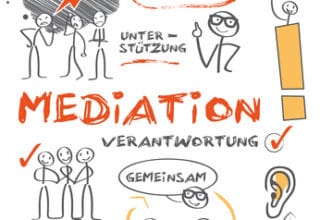
The structure of a mediation consists of:
+ clarification of the mandate (client, location, scope, finances, participants, voluntariness and, if necessary, also including individual analyses before the procedure).
+ preparation (organisation of space, framework conditions, structure of content)
+ the introduction (procedure, time, rules of the game, tasks, process?)
+ clarification of the views of all stakeholders, translation work, development of focal points or bundling of topics
+ of conflict elucidation and deepening (very important)
+ the problem-solving phase incl. possible agreements
+ the goal: a jointly formulated solution incl. logging
-

So if you decide to engage in mediation, it is not a compulsion, but each (!) participant can and should always re-examine how long they would like to voluntarily participate in this resolution process.
You can drop out at any time. Take the chance to try something that is a clear alternative to all other options with over 85% success rate.
-

With the successful resolution of conflicts through the use of mediation, the question arises for families or entire teams in companies as to how conflicts can be avoided in the future?
There is no world without conflict, but there are excellently tested and proven communication techniques that help to bring your everyday life in MITEINANDER to a completely new level.
And that is exactly what we can also offer you support for.
So if, with or after mediation, you feel the curiosity and interest to learn a new kind of “language”, we are happy to be your contact.
As a book recommendation just have a look here > https://amzn.to/2Z7ORkr
-
We wish you at this point from the bottom of our hearts that your courage was rewarded and that your conflict was successfully settled and resolved.
Ideally, you will even have entered into a new and better connection with your “disputing colleagues” or you will have decided on a new way of communication.
We are happy for you!
Feel free to share it with us personally.
[/video]
Congratulations!

